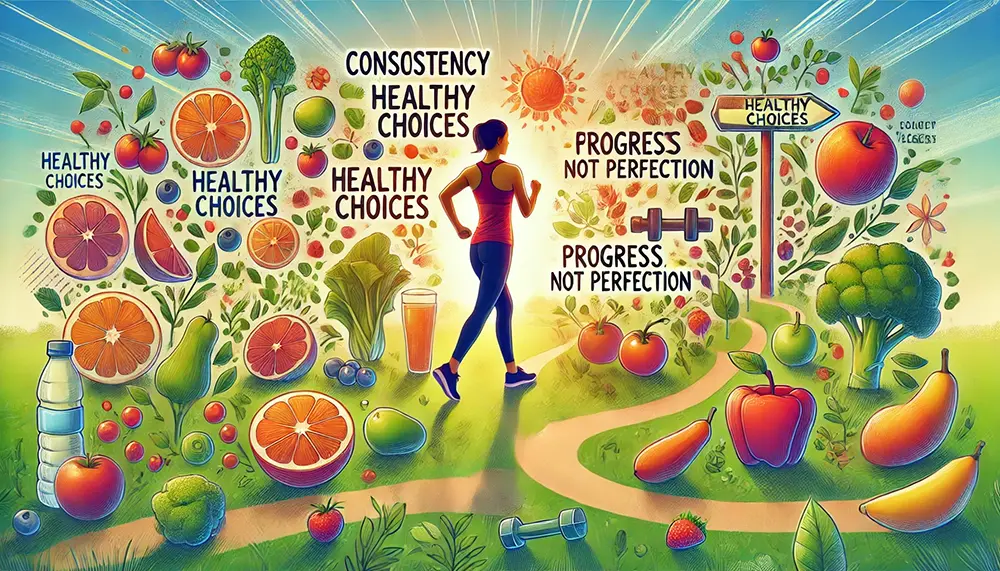Weight Loss Does Not Have To Be Difficult If You Know What You Are Doing


Weight loss can often feel like an uphill battle, but it doesn’t have to be. When you understand the science behind it and adopt sustainable habits, you’ll find that losing weight can be a manageable and even enjoyable journey.
Weight loss is fundamentally about creating a calorie deficit—burning more calories than you consume. However, the quality of those calories and how you approach your lifestyle play a significant role in your success.
The first step to successful weight loss is setting achievable and realistic goals. Instead of aiming to lose a large amount of weight quickly, focus on losing 1-2 pounds per week. This is a sustainable rate that supports long-term success.
A balanced diet is key, but remember, it’s not about deprivation—it’s about smart choices.
While diet plays the primary role in weight loss, physical activity is crucial for maintaining results and boosting overall health.
Weight loss isn’t just a physical challenge; it’s a mental one too. Cultivate a positive mindset by:
A positive outlook can make all the difference in your weight-loss journey.
Drinking enough water is a simple yet effective way to support weight loss. It helps control appetite, boosts metabolism, and replaces high-calorie drinks. Aim for at least 8 glasses of water a day.
Poor sleep and high stress levels can derail your weight-loss efforts. Aim for 7-9 hours of quality sleep each night and practice stress-reduction techniques like meditation or yoga. When your body is well-rested and calm, it’s easier to make healthy choices.
Long-term success in weight loss is all about creating habits you can stick to:
If you’re struggling to lose weight despite your efforts, consider seeking professional guidance. A dietitian, personal trainer, or healthcare provider can help identify any underlying issues and create a personalized plan for you.
1. What is the fastest way to lose weight?
The healthiest way is to aim for 1-2 pounds of weight loss per week through a balanced diet and regular exercise.
2. Can I lose weight without exercise?
Yes, weight loss is primarily about calorie intake. However, exercise offers numerous health benefits and helps maintain weight loss.
3. Are cheat meals okay?
Yes, occasional indulgences can help you stay motivated. Just keep them in moderation.
4. How do I handle a weight-loss plateau?
Reassess your calorie intake and activity levels. Sometimes small adjustments can break the plateau.
5. Is it normal to feel hungry when losing weight?
A slight hunger is natural, but excessive hunger might mean you’re not eating enough or not choosing the right foods.
Start your weight-loss journey today with these tips and watch as consistent effort brings long-lasting results!
A plasztikaisebeszetesmellplasztika.com a tökéletes választás, ha teljesen új szintre szeretnéd emelni a megjelenésedet. Plasztikai sebészeink kiemelkedő szakértelemmel és többéves tapasztalattal végzik a legjobb eredményeket garantáló eljárásokat, legyen szó mellnagyobbításról, hasplasztikáról vagy arcfiatalításról. Nálunk a szépség és az önbizalom kéz a kézben jár!